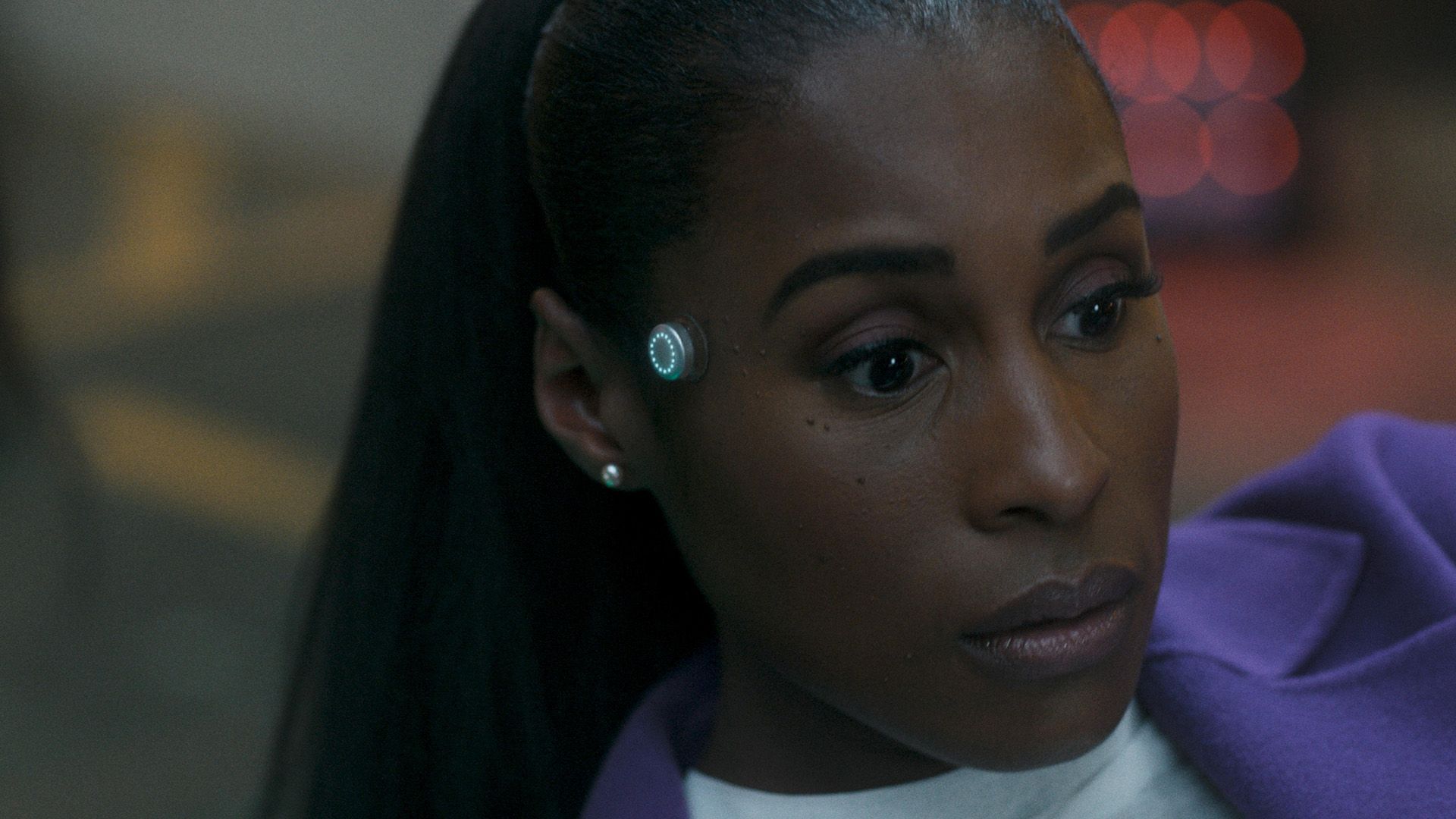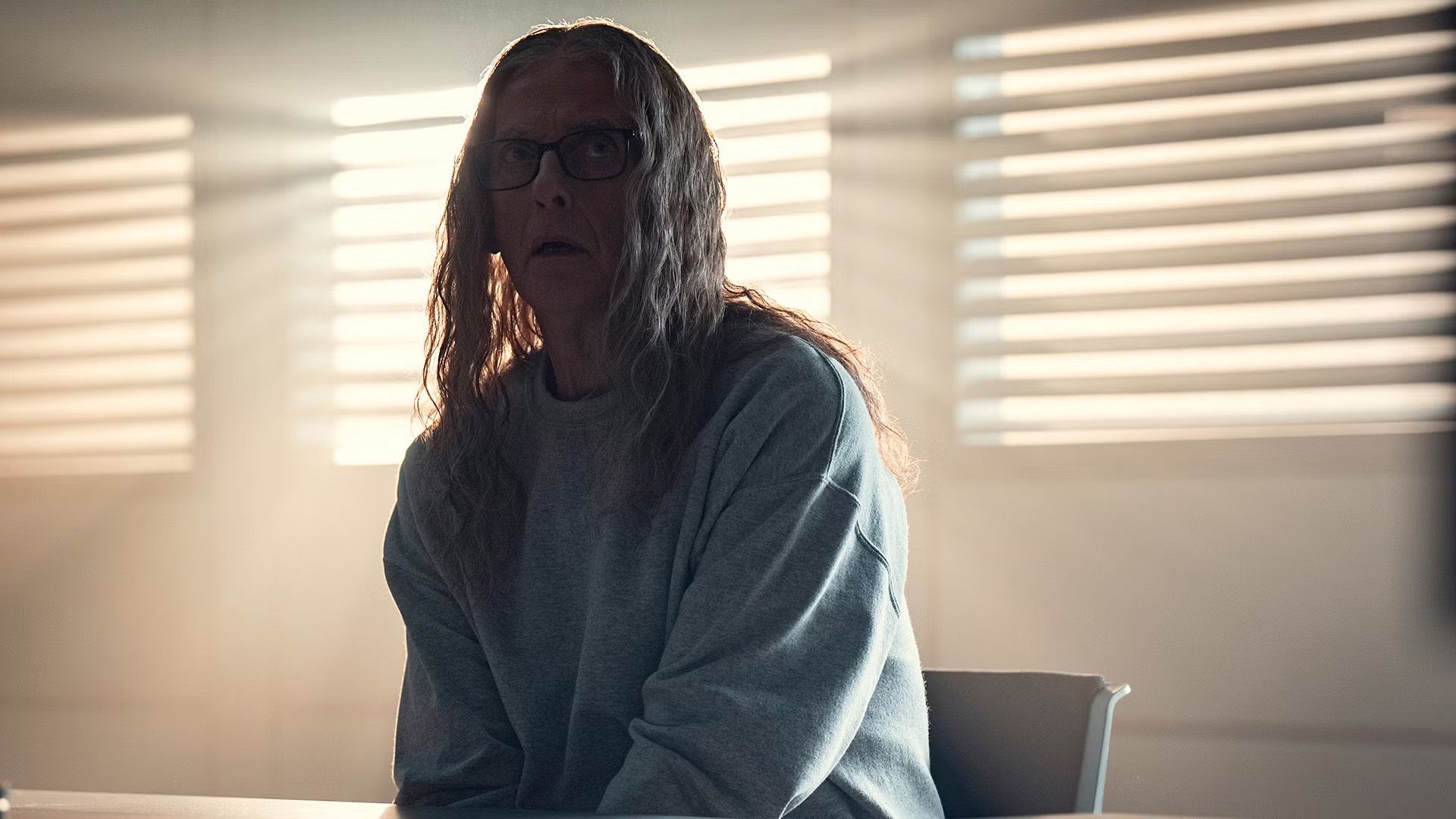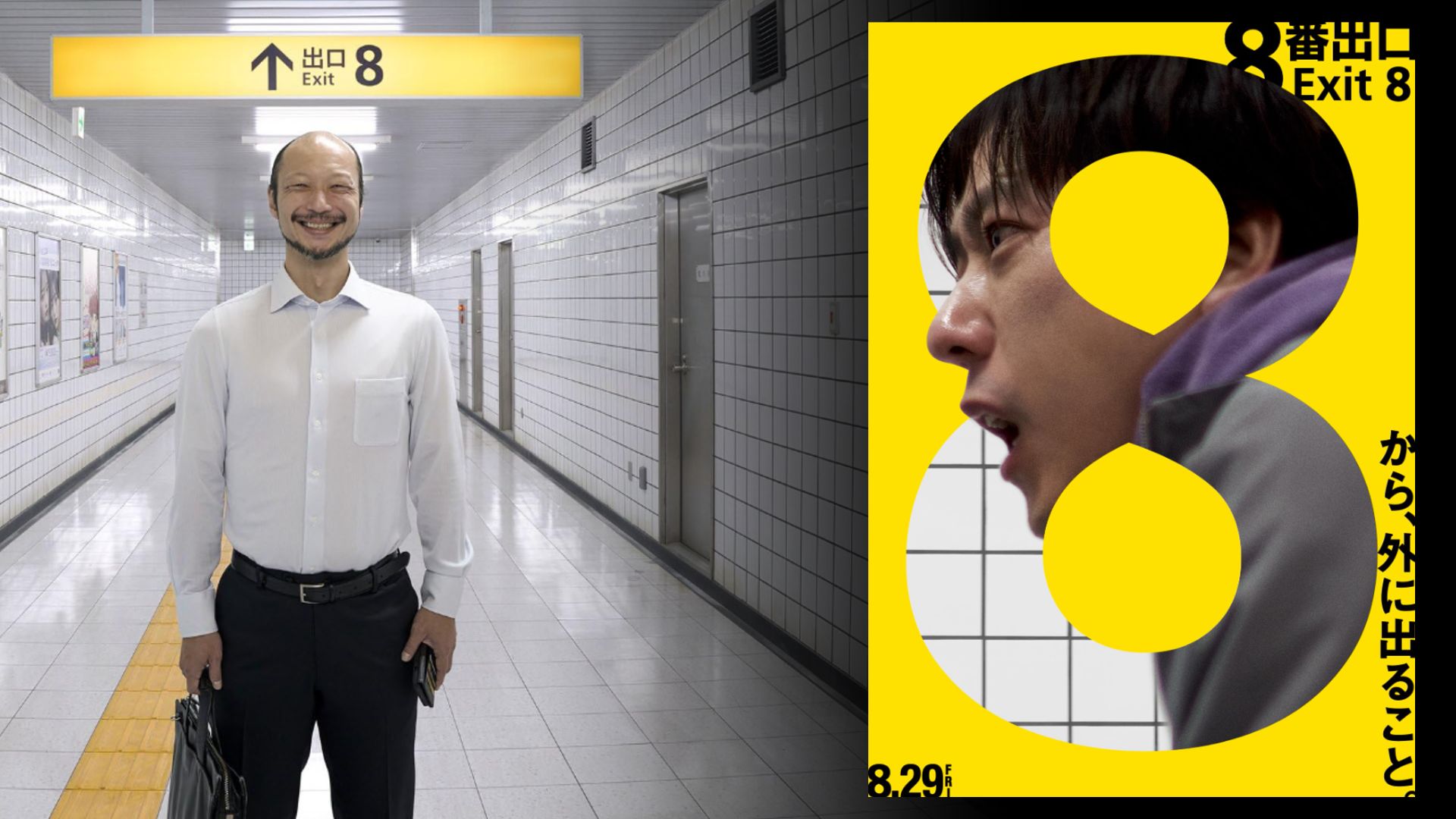Have you already turned on the nightlight? Because the seventh season of "Black Mirror" once again delves into the darkest corners of our fears.
It seems that Charlie Brooker's show can't surprise us... but it does it again. Let's analyze all the episodes together to find out what succeeded brilliantly and what went wrong.

Back to the Virtual Hell: "Callister" Returns
In the seventh season, Brooker took a risk for the first time by continuing an old episode. "It's a luxury in this show to be able to bring back characters," the writer stated in an interview with The Hollywood Reporter.The second part of the legendary "USS Callister" series from the fourth season turned out to be lively, though not as stunning as the original. Instead of a personal hell in the spirit of "incel versus office," it's now a large-scale battle with a corporation where virtual characters rob players to survive.

When Technology Becomes a Trap, Not a Blessing
One of the season's most striking episodes is "Common People." Imagine: you can preserve a loved one's consciousness in a digital cloud, but... only with a subscription. Streaming that literally holds life in its hands.Chris O'Dowd and Rashida Jones play a couple balancing on the edge of tragedy and absurdity. It's a sort of "Requiem for a Dream" in the world of high technology, but instead of drugs, there's aggressive marketing and unstable Wi-Fi coverage.

Too Real to Be Just Fiction
Another gem of the season is "Hotel Reverie" with Issa Rae and Emma Corrin. Here, the actress is literally sewn into a black-and-white classic film, creating a digital remake using deepfake technologies. And at some point, you no longer understand: is this a movie about movies or a warning that you can't hide from AI anymore?
Nostalgia with a Lump in the Throat
In "Eulogy," the character Paul Giamatti opens old photo albums to bring back a past love—literally. This episode isn't about technology but about regrets that, unfortunately, can't be erased.Minimal fantasy, maximum pain. As if the script of "Eternal Sunshine of the Spotless Mind" was put through a filter and added the smell of attic dust.

When the Enemy Sits at the Next Table
This series wouldn't be the same without paranoia. "Bête Noire" is a corporate thriller where the new employee is clearly not who she claims to be. The problem is, proving it is impossible. All that remains for the heroine is to slowly lose control in front of indifferent colleagues.The atmosphere thickens with every frame, and the ending doesn't frighten or shock; it makes you laugh nervously as if you've become part of this madness.

And Yet Not Without Missteps...
"Plaything" with Peter Capaldi begins as an intriguing techno-thriller, but according to reviewer Jack Seale from The Guardian, it ends too abruptly. "After an excellent first half, the credits roll. The idea doesn't develop, so 'The Toy' ends up in the trash," laments the film critic. Well, even geniuses have their slip-ups.




